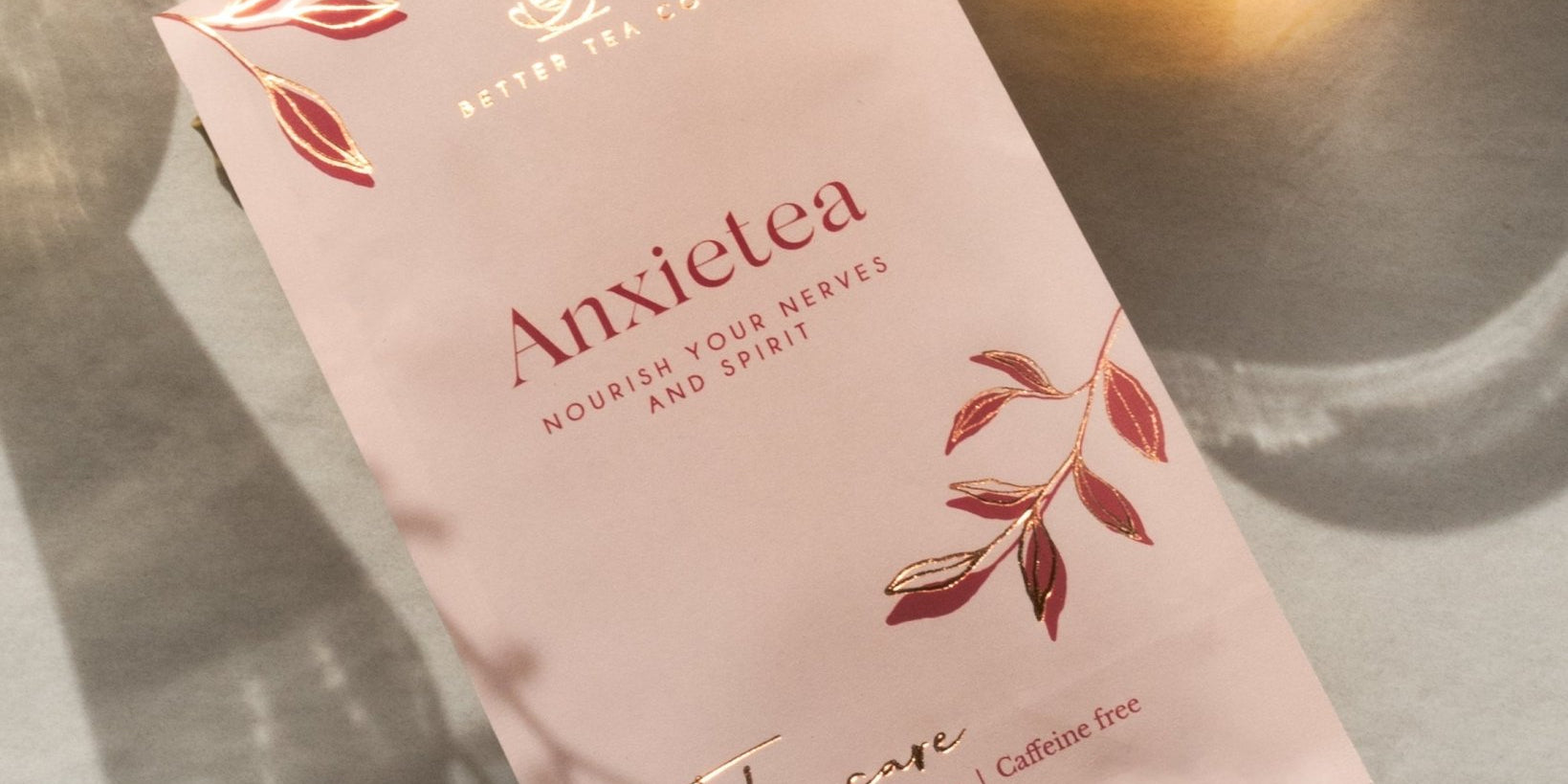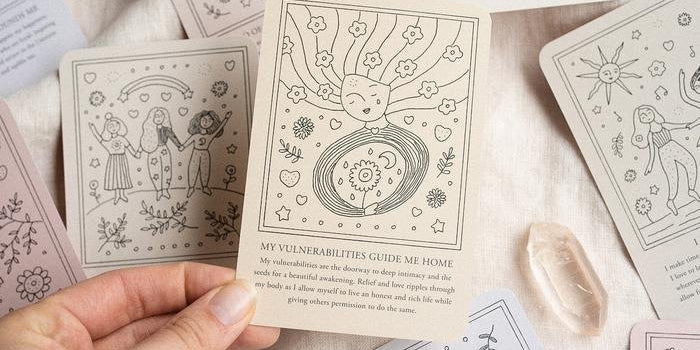Picture this: a man with a microphone stops you in the street and promises you $500 if you can correctly answer a pop quiz about capital cities. A moment ago, you were strolling along, enjoying a comfortable resting heart rate, with perfectly un-clammy palms. But now? Your stress response has kicked in.
This isn’t an objectively bad situation, and yet your body may have already started to release fight-or-flight hormones; your heart is pounding, your pupils have dilated, you are probably breathing faster.
The capital of Turkey is Ankara… Haiti’s is… uh… Port-au-Prince! Is it hot, or what? Your body is buzzing with every dollar of that potential prize money. Karachi, for the win!

Our body has adapted to respond efficiently and effectively in the face of challenges or threats. Problems arise when the brain starts to misfire, leaving you feeling like your everyday life is full of imminent dangers.
In a moment, we’ll take a look at anxiety specifically, but it’s worth a detour around some of the other words we have to describe physiological and psychological arousal. In the scenario above, you were put in a challenging environment, one that probably led to some feelings of stress, but also excitement. Thanks to an endocrinologist called Hans Selye, there’s even a word you could use to describe it. The word is ‘eustress’, ie, good stress; the opposite of distress. It is also described as beneficial stress.
The way your body responded to the pop quiz increased your alertness and narrowed your focus. You used that stress to rise to a challenge and succeed. Once you pocket your prize money and go about your day, your body should return to its previously relaxed state. The stressful situation is over. At ease, soldiers.

But as we all know, it doesn’t always work that way. So what’s going on? Here’s a handy glossary to explain:
Stress: Excessive demands placed on you physically and mentally. It is also the distress you may feel as a result.
Distress: The sorrow or anguish one feels as a result of stress.
Fear: Distress caused by exposure to danger or the expectation of pain. Fear usually dissipates once the unpleasant situation ends or the object of fear is no longer present.
Anxiety: Normal anxiety is concern or a sense of unease relating to a stressful situation, difficulty or danger.
Anxiety disorders: Anxiety becomes a disorder when the person experiencing it feels powerless, or the anxiety continues even after the stressor that caused it has gone away. An anxiety disorder interferes with a person’s everyday functioning.

Anxiety is a broad term covering a range of specific disorders with their own characteristics. These are outlined in the Diagnostic and Statistical Manual of Mental Disorders (DSM-5) and can be identified using surveys and the help of a medical professional.
Anxiety is a common experience and, depending on degree, it is a normal experience. It is a reaction carefully honed through hundreds of thousands of years of evolution. Sometimes modern life and our ancient brains don’t always work in harmony, but there is plenty of help out there if you think anxiety is negatively impacting your life.
And remember, sometimes a little bit of anxiety is a good thing – when it gives you the boost of focus you need in a tough meeting, a test, or when there’s $500 up for grabs!





